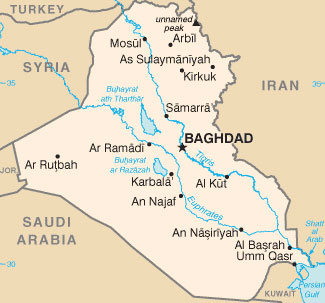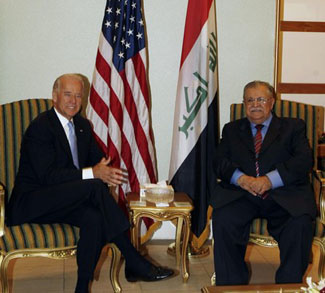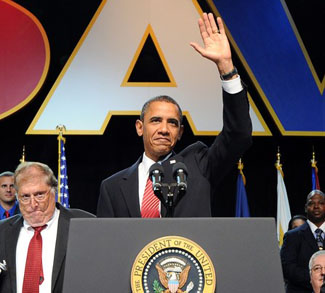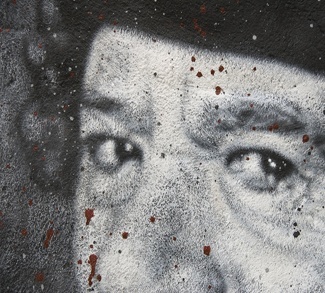Erbil was rocked by a series of car bombings on Sunday, triggering gun battles and chaos on the streets of the usually calm capital of Iraqi Kurdistan. One day later, a total of 14 car bombings ripped through predominantly Shi’ite areas of Baghdad in what might have been a reprisal for the double bombing of a Sunni funeral in Baghdad that killed 14 people the week before.
According to Iraq Body Count, 1,220 civilians were killed across Iraq in September alone, bringing the 2013 total to over 6,000 deaths.
Recent spikes in violence are the result of internal and external factors exacerbating sectarian tensions between Sunni and Shi’ite communities within Iraq. These are the same tensions that boiled over into a frenzy of communal violence in 2006 and 2007, violence which some have characterized as an Iraqi civil war. A coordinated and multifaceted approach ended the conflict back then, one that included a US troop surge, central government trust-building measures, and tribal cooperation – all of which helped to convince the militias to lay down their arms.
Now these militias have begun to coalesce once again, and this time there won’t be any US surge to fill the space between the two warring factions and allow for confidence-building measures. In other words, this time the potential for a protracted and bloody civil war will be much higher.
The external source of these renewed sectarian tensions is obvious, acute, and not likely to be disappearing any time soon. The ongoing civil war in Syria is a bloody mirror image of the sectarian dynamics within Iraq, and both Shi’ite and Sunni Iraqis have crossed the border to fight for al-Assad and rebel forces respectively. Jihadist groups like the Islamic State in Iraq and the Levant (ISIS) increasingly operate on both sides of the border, blurring the line separating Sunni extremism in Syria and Iraq. Recent developments are also not overly positive. The rebel movement has split, and battle-hardened jihadist groups, many of which have publically aligned with al-Qaeda, have turned on their more liberal counterparts in the Free Syrian Army. The unifying goal of the Syrian jihadist groups – the establishment of an Islamic state to serve as a base for further jihad – is antithetical to Iraq’s fragile democracy, and thus the situation in Syria will continue to loom as an existential threat.
There is also an internal source of tension: Sunni alienation in Iraqi politics. There have been several recent cases of high-profile Sunni politicians falling out with the al-Maliki government, such as Sunni Finance Minister Rafi al-Issawi (resigned) and Vice President Tariq al-Hashemi (sentenced to death and on the run). When the Sunni population mobilized in popular protest against these perceived political slights and increasing marginalization, the movement culminated in a bloody government raid on a Sunni protest camp in April. This raid caused many Sunnis to conclude that there wasn’t a place for them in the current political process in Iraq.
The spiral of Sunni-Shi’ite violence in Iraq is unlikely to abate any time soon. Already there are reports of Shi’ite militias reforming in response to recent attacks, and some Iraqi government officials have stated that the al-Maliki government will attempt to harness these popular forces and acquiesce to the formation of a government-backed militia, all in pursuit of being perceived as a defender of Iraq’s Shi’ite population ahead of 2014 elections.
Ongoing volatility will impact Iraqi oil exports, as foreign investors will be less willing to sign off on new surveying projects that risk being attacked. Iraq’s oil exports have yet to reach the levels expected of a country with the world’s fifth-largest reserves, and daily output is hovering around 3 million barrels. The Kirkuk-Ceyhan pipeline is particularly vulnerable to attack, evident in a triple bombing that took place in August. Exports along this route are down 29 percent owing to a combination of technical issues and targeted attacks.




